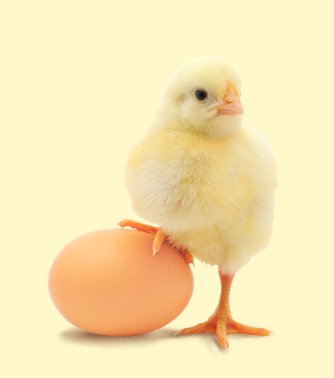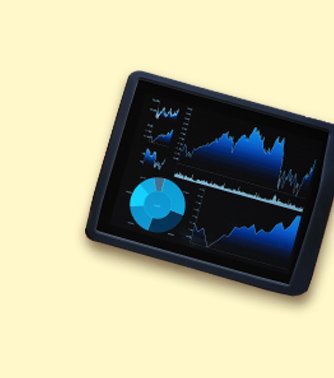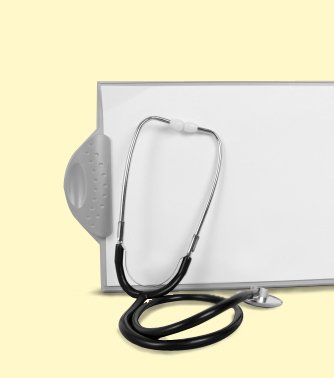Behavioral Economics
As human beings, we laugh and cry. Sometimes we seek revenge and at other times, forgiveness. Each of these behaviors is real, although they do not fit squarely within our standard economic models. To fold human behavior into economic analysis, we must turn to psychology for help. Behavioral economics is the field of economics that studies how human psychology influences the decision-making process.
Love or Money?
REAL WORLD EXAMPLES
See more examples in the
Let’s Make A Deal
The game show, Let’s Make a Deal, provides a well-known example of the difficulties in assessing probabilities accurately. At the end of the show the host asks a contestant to choose one of three curtains. Behind each curtain is one of three possible prizes: a car, a nice, but less expensive item, or a worthless, joke item. Suppose that you pick curtain Number 3. The host, who knows what is behind the curtains, opens a different one, say Number 1, which has a pen filled with chickens—the joke prize. He then offers you the opportunity to switch your choice. Most contestants stay with their original choice. They figure that they have a 50/50 chance of winning the car. But the probability of winning with your original choice remains 1/3. Therefore, when presented with the opportunity to switch, the contestant should take it.
Can You Exploit the Stock Market?
The fact that investors are not entirely rational makes it possible to profit from the miscalculations of others. Day traders buy and sell stocks over very short time periods, often a matter of minutes. They exploit short-lived information lags in the market, where some investors learn of an important event before others. In addition, the market has had historically good months (December) and bad months (September and October). Many speculators believe it can be profitable to keep track of market volatility, buying into the market when it is low and selling after the market price runs up. This is evidence that some segments of the market are driven by investor psychology instead of metrics that measure valuation.
Are You an Organ Donor?
More than 25,000 organ transplants take place every year in the U.S. Demand greatly exceeds supply. Over 100,000 people are currently on various organ donation waiting lists. The vast majority of all Americans say they support donation, but only 30% know the essential steps to take to be a donor.
There are two main donor systems: “opt-in,” meaning that anyone who has not given consent is not a donor, or “opt-out,” meaning that anyone who has not refused is considered a donor. Opt-out systems generally result in higher rates of consent for donation. According to traditional economic analysis, opting in or opting out should not matter—the results should be the same. The fact that we find strong evidence to the contrary is a compelling illustration of the insights that behavioral economics has to offer.
Why Are There Cold Openings at the Box Office?
Three economics studied 856 widely released movies and found that cold opening, or movies withheld from critics before their release, produced a significant increase in domestic box office revenue. Most movie openings are accompanied by a marketing campaign to increase consumer demand. As a consequence, cold openings provide a natural field setting to test how rational moviegoers are. Their results proved that some moviegoers do not infer low quality from a cold opening as they should. Movie studios generally make a film available for review if the screenings are expected to generate any positive buzz. So a rational moviegoer should infer that if a movie studio releases a film without reviews it is signaling that the movie is not very good. This makes the success of cold openings surprising.



